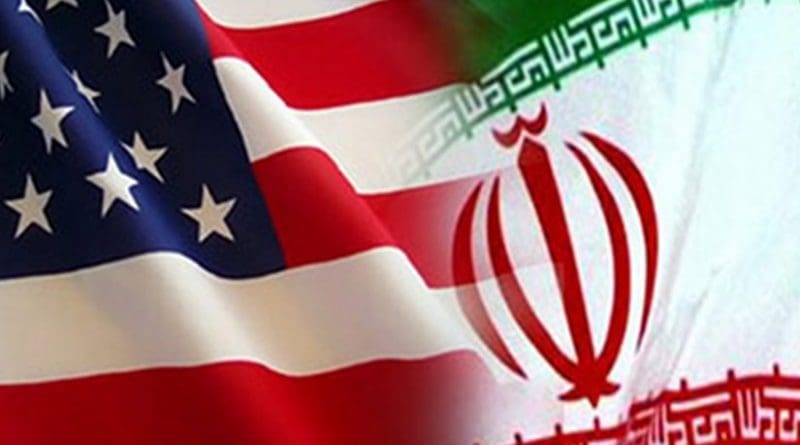Methodology Of War Studies In Iran: Lessons To Be Learned from the Past – OpEd
By Iran Review
By Ramin Nadimi*
Any war can be viewed from two standpoints: As a war at a specific juncture of time in which case, that war can be seen as a time-bound development and a phenomenon, whose main features include conflict, violence, mutual mass killing, confrontation through its own specific tools, or a strategic and scientific phenomenon; and 2. At the same time, war can be also viewed as a phenomenon, which imbues social, cultural, personal, economic and political life layers of a society.
Every one of these viewpoints, which are used to assess war, needs their own suitable tools and methods. Now, the main issue is whether war can be studied through a specific method, and if the answer is yes, what is that method and what are its characteristics?
Nasser Hadian, an expert on strategic issues and professor of the University of Tehran, believes that there is no correct or incorrect definition of war, but the existing definitions, despite their conflicting nature, are either useful or not useful. However, the following strategic questions are of special importance in this regard: when a war was started? Why it was started? Why it continued? Why it ended in that specific way? And could it end in a different way? The important issue is to find strategic solutions, though this is not a necessity in academic activities. However, issues and problems related to war and what has happened in this process are very important both in the country’s current state and in view of the impact that they can have on future issues of Iran.
He maintains that in view of the warmongering remarks and intensions that exist in some parts of the new US administration and Congress with regard to Iran, nobody can certainly say that it is totally impossible for the United States to enter into another war in the region. However, the main questions that are posed here include: “Are there any ways to prevent flare-up of a new war by learning from past lessons? What potentialities and abilities we have in case of war and in what kind of war can be engage?”
According to Mohammad Doroudian, who is a war researcher, a study of the existing methodologies will lead to this question: What concept of war does exist and how it is explained? However, when we talk about war, the issue of repeatability of war is of high importance. This very principle of repeatability of war in the future is the main reason why the issue of war is being studied and analyzed, because researchers must find out whether the existing methodology is sufficient to assess the risk and danger of war as well as its strategic nature or not.
According to a general division, war methodology has three components: 1. a method for assessing the history of operations; 2. a value-based, cultural, and spiritual approach, which focuses more on literature and memoirs; and 3. an approach adopted by those who oppose and criticize war and do this by adopting a politico-critical viewpoint on the decision-making system. This approach tries to give answers to questions about how start of war can be prevented and is war basically inevitable?
At the present time, the established and well-defined concept of war is a “defensive and popular” concept arising from a newly-triumphed revolution. The most important reason that caused Iran to be taken by surprise at the beginning of war with Iraq was the existence of some sort of political approach to war, which prevented a realistic approach from being taken on the basis of evidence, which showed that Iraq was getting ready to invade Iran’s border regions. Evaluation of this approach and managerial lessons learned from it are both important for Iran in order to prevent another war.
War is a strategic and dangerous issue with an irrational and unpredictable nature whose logic cannot be identified and contained. The issue of deterrence as a means of preventing war has been largely ignored and research works produced in this regard are very few among published studies and research papers.
Finally, one of the most important points about winning or losing a war is the necessity of proportion between goals and resources of a country that is engaged in war.
The above report pertains to a specialized meeting on this subject held at the Iranian Political Science Association.
* Ramin Nadimi
Defense Analyst

